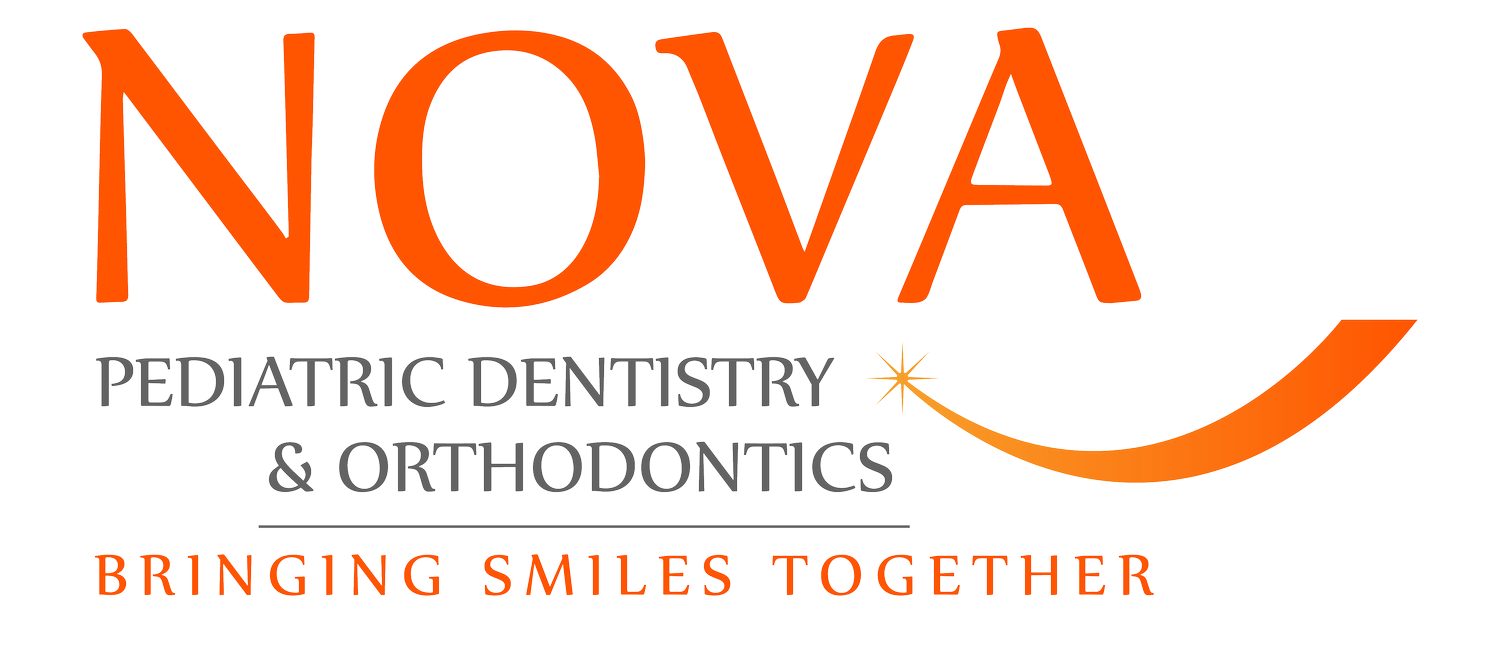Pediatric Dentistry in Ashburn, Virginia
Creating Smiles That Last a Lifetime
Establishing strong oral hygiene habits early on will help your child enjoy a lifetime of happy, healthy smiles. Our pediatric dental office in Ashburn provides a fun and positive experience for your child, where they can receive gentle care from compassionate pediatric dentists.
Calm, Comfortable, and Confident Visits
Our skilled team ensures that every child feels relaxed and confident during their visit.
We focus on clear doctor-child communication, making dental appointments stress-free for both children and parents.
Why Choose Our Pediatric Dentists in Ashburn?
Overcome Dental Fear: Our child-friendly approach reduces anxiety and helps children feel at ease. Using techniques like “Tell-Show-Do,” we create a comfortable atmosphere where kids can overcome their fear of the dentist.
Early Detection & Prevention: We emphasize prevention by identifying and addressing dental issues early. Routine visits after your child’s teeth first erupt help promote healthy teeth and gums for years to come.
Build Trust & Comfort: Early positive dental experiences lay the foundation for a lifetime of good oral health. We focus on building trust and making each visit enjoyable for your child.
Coaching & Education: Our pediatric dentists guide both you and your child on maintaining healthy dental habits, including brushing, flossing, and avoiding cavities so that healthy habits last a lifetime.
Schedule your appointment today and give your child the gift of healthy, happy smiles!
Pediatric Dental Treatments and Services
at NOVA Pediatric Dentistry & Orthodontics
At NOVA Pediatric Dentistry & Orthodontics, we specialize in treating children from infancy through their teenage years. Our dedicated team provides a variety of dental services tailored to meet the unique needs of young patients. Whether it’s for routine checkups, preventative care, or restorative treatments, we focus on creating positive dental experiences for every child.
Preventative Dental Care
Dental Checkups: Regular checkups allow us to catch minor issues early, ensuring your child’s teeth stay healthy and strong. We recommend frequent visits to maintain optimal oral health.
Dental Cleanings: Cleanings remove plaque and tartar, preventing cavities and gum disease. Regular cleanings are key to preventing infections and maintaining overall oral hygiene.
Dental Sealants: Thin coatings applied to teeth to protect them from cavities. Dental sealants act as shields to prevent bacteria buildup, ensuring long-term oral health.
Silver Diamine Fluoride (SDF): A liquid treatment for cavities and decay prevention, ideal for children and those with special needs. This is a safe and effective treatment that helps prevent further tooth damage.
Restorative Dental Care
Dental Fillings: For cavities or tooth damage, we use tooth-colored fillings that restore both function and appearance, boosting your child's smile and confidence.
Dental Extractions: If a tooth is severely damaged or infected, extraction might be necessary. Our gentle extraction process minimizes discomfort, helping restore oral health.
Frenectomies: A frenectomy addresses issues like tongue tie or lip tie, helping infants with breastfeeding and addressing potential problems with speech or eating.
Specialized Care for Children with Special Needs
We provide tailored dental treatments to children with physical, developmental, or cognitive challenges. Our team ensures comfort and optimal oral health, with a focus on making dental visits stress-free.
Sedation Options for a Comfortable Experience
We understand that every child reacts differently to dental visits. For children who may feel anxious, we offer two safe sedation options:
Nitrous Oxide/Oxygen (Laughing Gas): This blend is a safe, gentle form of sedation that helps children stay calm and relaxed during treatment while remaining fully conscious.
IV Sedation: Ideal for infants, children undergoing major treatments, or those who require additional accommodation.
Schedule an Appointment
Our team at NOVA Pediatric Dentistry & Orthodontics provides exceptional care for your child’s dental health.
Schedule an appointment today online, by phone, or visit us at our Ashburn, Virginia clinic. Let us help your child enjoy a lifetime of bright, healthy smiles!
If you need to cancel or reschedule an existing appointment or require immediate attention, please contact our practice directly at (703) 278-3287.

